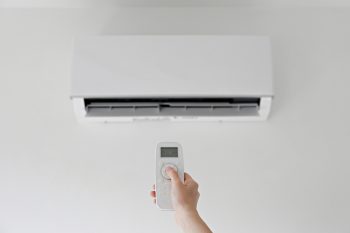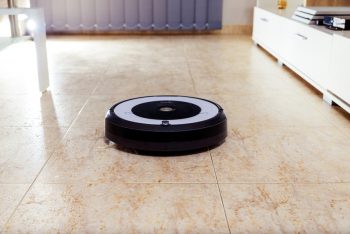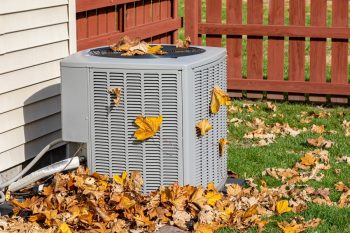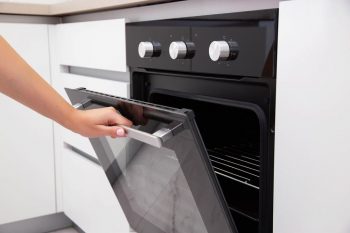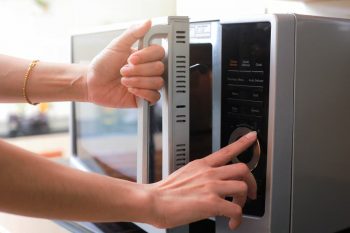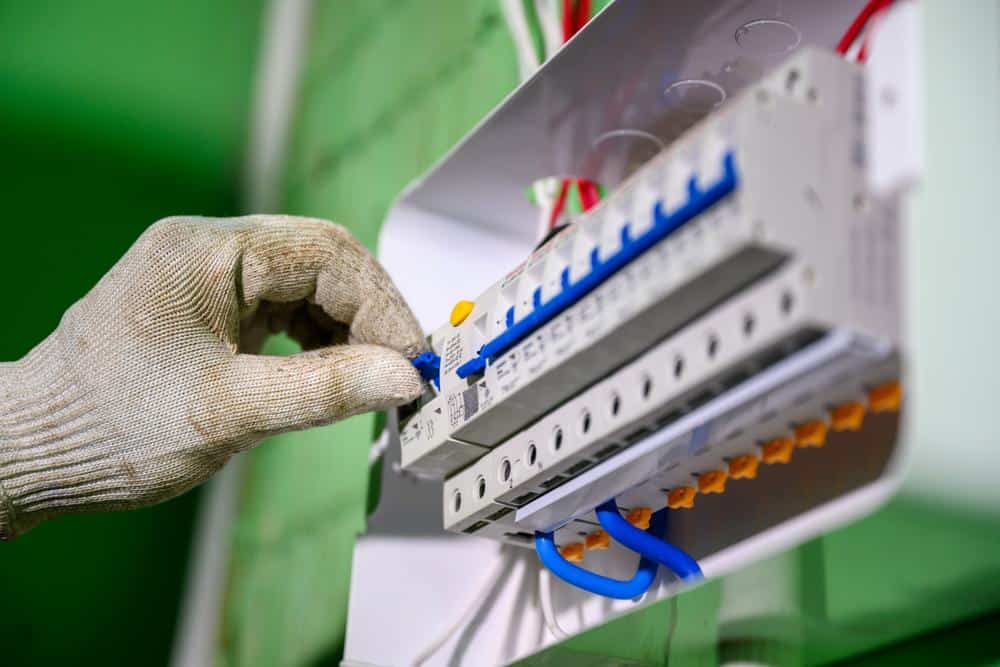
When the power goes out in your home, it can be disorienting and frustrating, especially if you’re not sure what caused the outage. While there could be several reasons for a power outage, a tripped circuit breaker is one of the most common causes. This article will guide you through the steps to check your circuit breaker when the power goes out, from locating the circuit breaker to resetting it and when to call a professional.
When the power goes out, first determine if the outage is only in your home or affects others nearby. Locate your circuit breaker, typically found in the basement, garage, or utility closet. Open the breaker box and identify any breaker that is not in line with the others – this may be a tripped breaker. Reset the breaker by turning it completely ‘off’, waiting a few seconds, and then flipping it back ‘on’. If the power doesn’t return or the breaker trips again, call a professional electrician.
What is a Circuit Breaker?
A circuit breaker is an essential safety device in your home’s electrical system. It’s designed to protect your home from overcurrent, which could be caused by an overload or short circuit. Unlike a fuse, which operates once and then must be replaced, a circuit breaker can be reset to resume normal operation.
In your home’s electrical system, the circuit breaker serves a crucial purpose. It ensures the safety of your home by preventing overcurrent, which can lead to equipment damage and potential fire hazards.
Initial Steps When Power Goes Out
When the power goes out, the first thing you should do is determine whether the power outage is limited to your home or if it affects your neighbors as well. Turn off or unplug all appliances and electronics to protect them from potential power surges when the power is restored.
Ensure all family members are safe and gather them in a comfortable part of your home. Check on your neighbors, especially if they are elderly or have special needs. Use a battery-operated radio or your phone to stay updated on the situation and any instructions from local authorities.
Locating the Circuit Breaker
The circuit breaker is typically located in low-traffic areas such as the basement, garage, or utility closet. In some cases, it could be located on the exterior of your home. If you’re having trouble finding it, you could ask a neighbor or consult your home inspection report.
How to Determine if a Circuit Breaker has Tripped?
To identify a tripped breaker, open your breaker box and find the breaker that isn’t flipped the same way as the others. A tripped breaker will usually be in a position halfway between the ‘off’ and ‘on’ positions. If you find a tripped breaker, you can reset it by following the steps in the next section.
Resetting the Circuit Breaker
Before resetting the breaker, ensure that all devices connected to the circuit are turned off. Move the breaker switch all the way to the ‘off’ position, wait a few seconds, and then flip it back to the ‘on’ position. Once the breaker has been reset, you can turn the devices connected to the circuit back on.
If the breaker trips again, there may be an issue with the circuit or one of the devices. In such cases, it is recommended to consult a professional electrician to diagnose and fix the problem.
When to Call a Professional Electrician
If you’ve tried the steps above and the power is still out, or if the breaker continues to trip, it’s time to call a professional electrician. Working with electricity can be dangerous, and it’s always better to leave it to the professionals.
Attempting to fix electrical issues on your own can pose several risks, such as electrocution, fire hazards, damage to your electrical system, costly future repairs, violation of building codes, and insurance issues.
In conclusion, knowing how to check your circuit breaker when the power goes out is a handy skill that can help you troubleshoot minor issues and provide useful information to professionals when needed. However, always remember that safety is paramount, and if you’re ever unsure or uncomfortable, don’t hesitate to call a professional.
Frequently Asked Questions
What causes a circuit breaker to trip?
A circuit breaker can trip due to an overload, short circuit, or ground fault. An overload occurs when too many devices are running on the same circuit, causing the circuit to draw more current than it’s designed to handle. A short circuit happens when a hot (live) wire touches a neutral wire, causing a large amount of current to flow and overload the circuit. A ground fault is similar to a short circuit, but in this case, a hot wire touches a ground wire or some grounded portion of the system.
What’s the difference between a circuit breaker and a fuse?
Both circuit breakers and fuses serve the same purpose: to prevent overcurrent in your electrical system. The main difference lies in how they handle this overcurrent. A fuse will melt and disconnect the circuit when there’s an overload, meaning it can only be used once and must be replaced after it operates. On the other hand, a circuit breaker can be reset and reused after it trips due to an overload or short circuit.
What should I do if my circuit breaker keeps tripping?
If your circuit breaker keeps tripping, it could be a sign of a serious electrical problem. It might be due to an overloaded circuit, a short circuit, or a ground fault. In such cases, it’s best to consult a professional electrician to diagnose and fix the problem. It’s important not to ignore this issue as it could potentially lead to a fire.
How can I prevent my circuit breaker from tripping?
To prevent your circuit breaker from tripping, avoid overloading your circuits. This means not plugging too many devices into one circuit or using devices that draw a lot of power simultaneously. Additionally, ensure that your home’s wiring is in good condition and up to code, as old or faulty wiring can cause circuit breakers to trip. If you’re unsure about the condition of your electrical system, it’s best to consult a professional electrician.
Can I replace a circuit breaker myself?
While it’s technically possible to replace a circuit breaker yourself, it’s highly recommended that you hire a professional electrician to do the job. Working with electricity can be dangerous, especially if you’re not familiar with the safety precautions and procedures. A professional electrician has the necessary training and equipment to perform the job safely and correctly.


